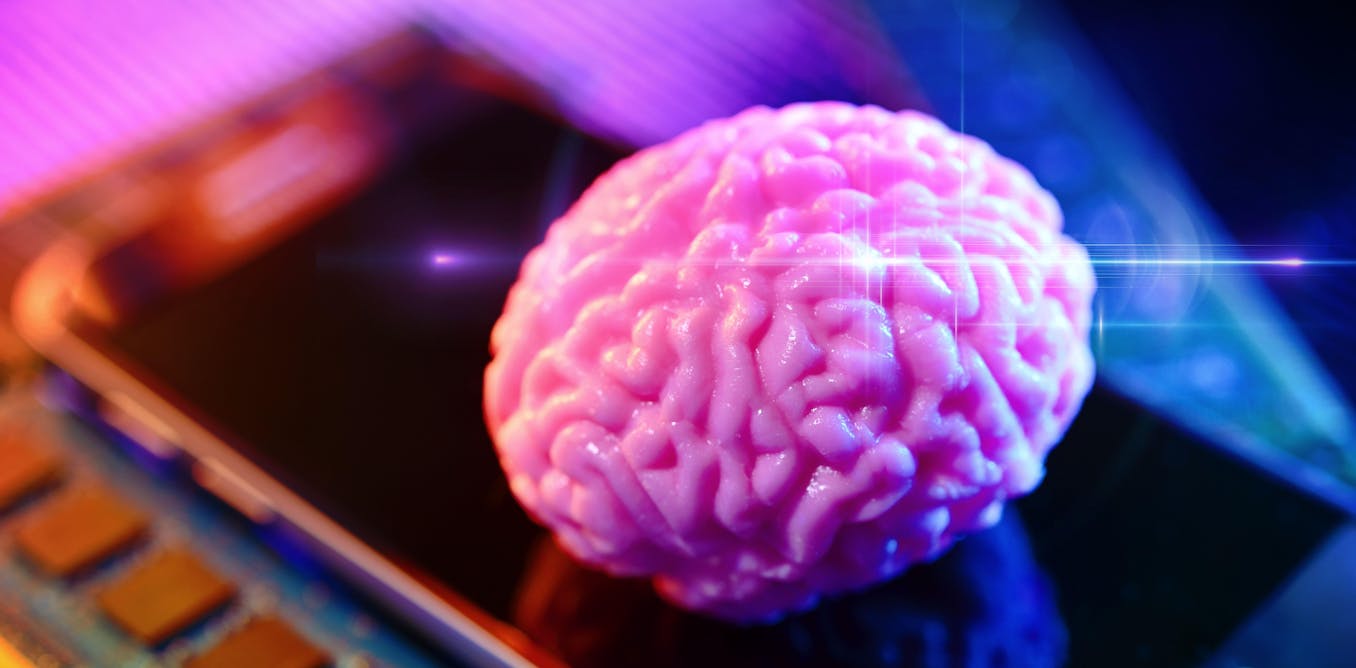Meta’s factchecker cut has sparked controversy – but the real threat is AI and neurotechnology
While Meta’s decision to drop fact-checkers has drawn sharp criticism, the real concern lies in the unchecked power of AI and neurotechnology.
Jan. 15, 2025 • ~5 min









